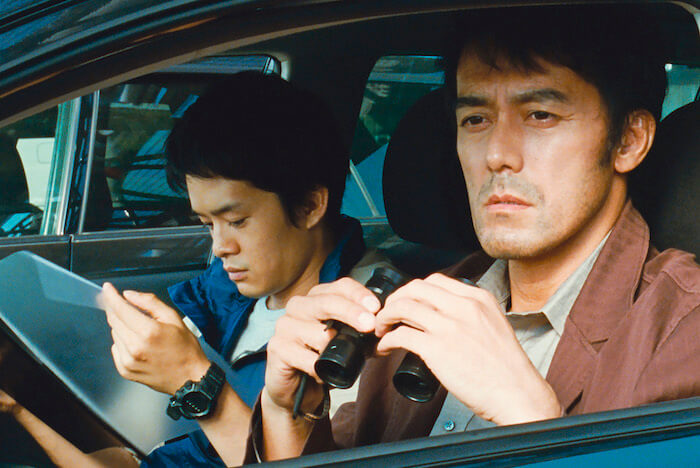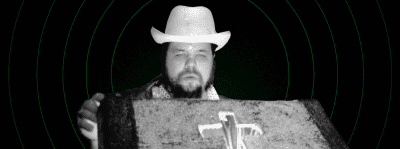“Life is complicated”: After the Storm
 After the Storm
After the Storm
Directed by Hirokazu Kore-eda
Opens March 17 at the IFC Center
With recent domestic dramas like Like Father, Like Son, Our Little Sister, and now After the Storm, Hirokazu Kore-eda seems to have settled into a kind of placid groove. Apparently no longer interested in the fantastical flights of fancy of earlier films like Maborosi, After Life, or even Air Doll, he’s fully embraced the stylistic mantra of legendary cinematic forbears like Yasujiro Ozu and Mikio Naruse, keeping dramatic tensions to a simmer as he examines the ties that bind people together. If Our Little Sister—which frankly could have used more conflict, for all its undeniable surface beauties—exposed the limitations of such an approach, After the Storm’s similarly contemplative rhythms turn out to be a perfect fit for the characters he examines, many of them trapped in a holding pattern of regret over choices made and dreams dashed.
Once again, a patriarch is the central figure here: Ryota (Hiroshi Abe), a struggling novelist who barely makes enough money at this private-investigator job to survive and pay child support, gambles away what little money he has, and is generally living off the past glory of one mildly successful novel he published fifteen years ago. Only his love for his son, Shingo (Taiyo Yoshizawa), keeps him going. Both Ryota and Shingo, however, are haunted to varying degrees by their fathers’ failures. The thoughtful, solemn Shingo clearly bears the scars of his time living with Ryota even as he reciprocates his father’s affection. As for Ryota himself, he worries about whether he’s becoming as much of a mess as his own late father, to whom he feels so little familial warmth that he has no scruples about filching some of his dad’s artifacts in order to pawn them off for money.
In short, there’s more at stake for these people in After the Storm than there seemed to be for the sibling quartet in Our Little Sister, and all those tensions come to a head in the film’s second hour, when a typhoon descends upon Japan and traps Ryota, Shingo, Ryota’s ex-wife Kyoko (Yoko Maki) and his mother Yoshiko (Kilin Kiki) in the same apartment, thus forcing them to work through their issues. But instead of the expected melodramatic shouting matches, Kore-eda builds up to a series of quiet confrontations, the characters barely raising their voices even as they wrestle with interpersonal antagonisms and internal angst. That’s indicative of Kore-eda’s method throughout the whole film, in which drama subtly emerges from mundane conversations captured from a distance, the director patiently observing his characters by themselves and with each other.
Such serene detachment was, of course, also the Ozu and Naruse way, with those filmmakers forcing their viewers to work a bit for the drama underneath the surface austerity. It’s a tribute to the strength of their humanistic perspective, though, that such a restrained approach managed to amplify dramatic tensions instead of muffling them. Kore-eda brings a similar warmth to his deeply flawed characters, allowing all of them moments of humor amid the melancholy, viewing them with a compassion that never strays into the sentimental. There are no extreme reversals for these characters at the end, only the incremental yet valuable progress that comes with accepting one’s lot in life and making a conscious effort to improve it. “Life is complicated,” a fellow private investigator says to Ryota. It’s an extraordinarily simple statement, yet Kore-eda’s great achievement in After the Storm is to fill it with the heft of eternal worldly wisdom.
You might also like 



















